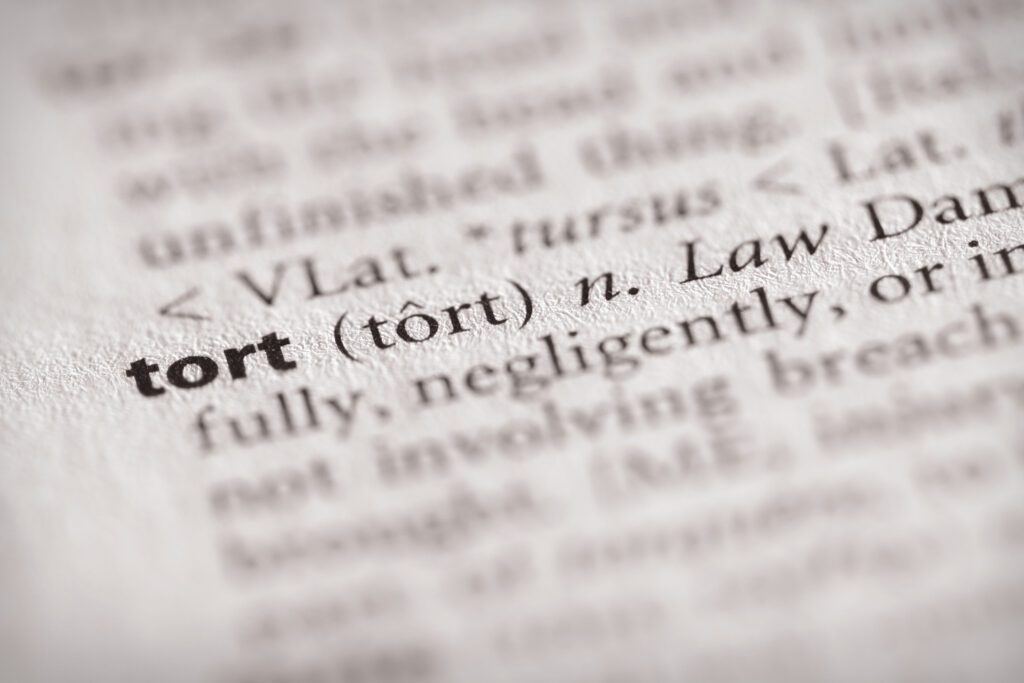
Losing a loved one is one of the most devastating experiences a person can go through, especially if their death was caused by someone else’s negligence or intentional actions. In Florida, when a person dies due to the misconduct or negligence of another party, it may give rise to a wrongful death claim. As a personal injury attorney based in Sarasota, I understand the complexity of these cases and the need for both legal guidance and emotional support during such challenging times.
Who can file a Wrongful Death Claim?
Florida law specifies who can file a wrongful death claim. Generally, the surviving spouse, children, or parents of the deceased are considered eligible to bring a wrongful death lawsuit. If there is no surviving spouse, children, or parents, then the siblings or other relatives who were dependent on the deceased person for support or services may have the right to file a claim. However, the process can be complex, and consulting with an experienced personal injury attorney is crucial to ensure that all the eligible parties are included in the claim.
Seeking Justice for Loved Ones
When pursuing a wrongful death claim in Florida, several key elements need to be proved. These include showing:
- The death of a person occurred.
- The negligence or wrongful act of another party caused the death.
- The surviving family members or dependents have suffered measurable damages as a result of the death.
- A personal representative has been appointed to represent the estate of the deceased.
To seek justice for loved ones, it is vital to gather evidence to support these elements. This may include witness statements, police reports, medical records, expert opinions, and any other relevant documentation that can help establish the negligence or misconduct on behalf of the responsible party. Our team knows how to navigate this process effectively to build a strong case on behalf of the survivors.
Compensation in Wrongful Death Claims
If successful, wrongful death claims in Florida can provide compensation for various damages. These may include:
- Funeral and burial expenses.
- Medical expenses related to the deceased person’s injury or illness.
- Loss of financial support and services provided by the deceased.
- Loss of consortium and companionship.
- Mental anguish, pain and suffering, and emotional distress experienced by the survivors.
Each case is unique, and the amount of compensation awarded will depend on various factors. These factors include age, income, and relationship of the survivors to the deceased person.
Bringing a wrongful death claim can be a complex and emotionally challenging process. Therefore, having the support and guidance of an experienced personal injury attorney who can navigate the legal system and fight for justice on behalf of your loved ones is crucial. Contact our firm today to better understand your options and a path forward.



